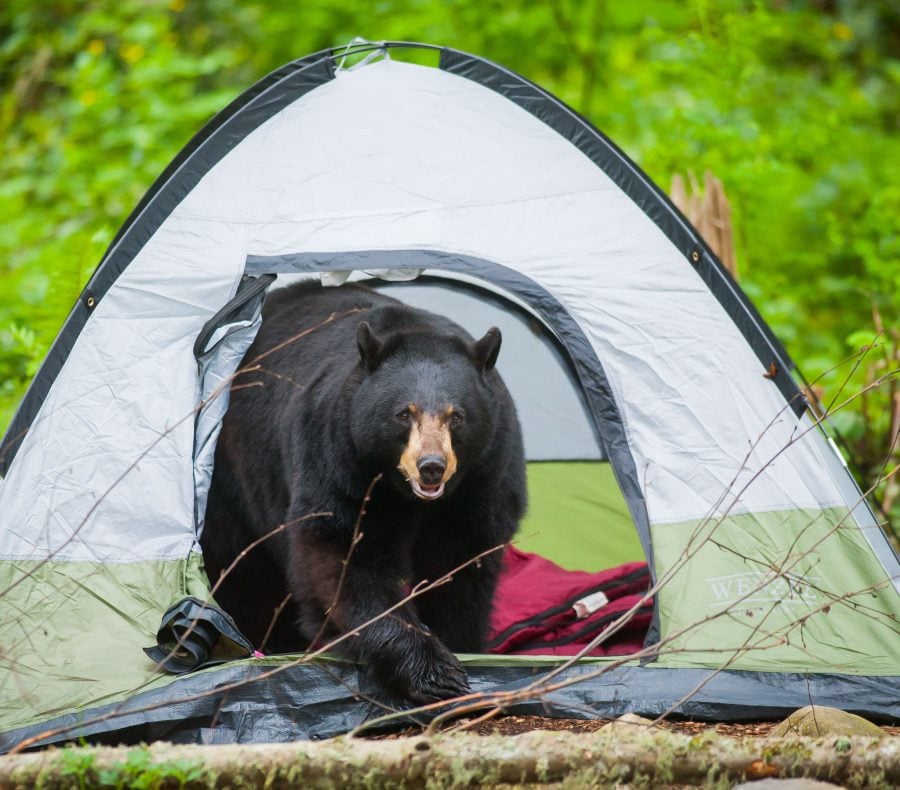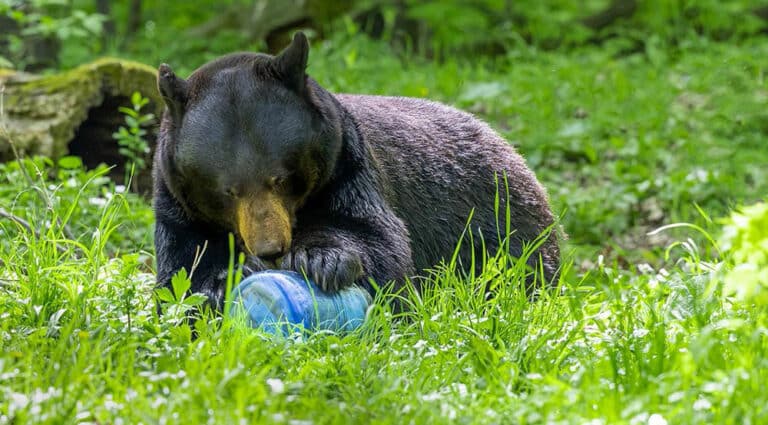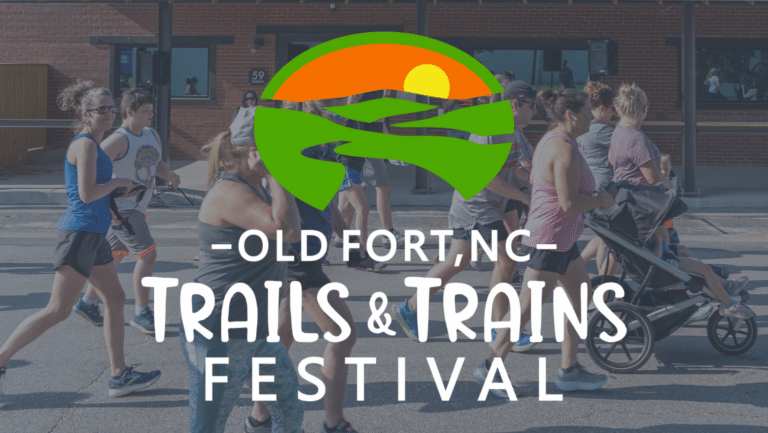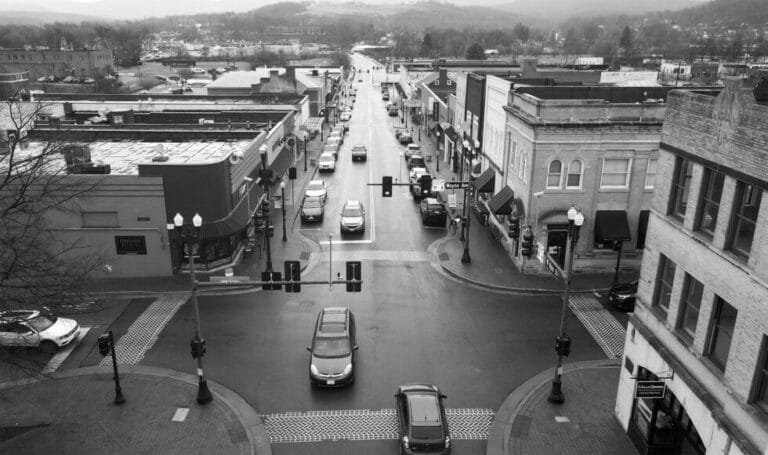Camping on a portion of the Appalachian Trail has been closed due to bear encounters
A 2.5-mile section of the Appalachian Trail in the southern portion of Shenandoah National Park has been closed due to bear presence. The park’s superintended closed off-trail camping on June 12 on the portion of the trail extending from Riprap Trailhead (mile 90 of the Blue Ridge Parkway) to south of the Wildcat Ridge Parking (mile 92.5). The closure does not impact developed campsites, shelters or the actual trail.
The decision to close the area to off-trail camping came after bear activity in the area resulted in bears getting human food on two occasions. This has led to an increased risk to both humans and bears, resulting in the temporary closure.
Hikers and campers are reminded to never surrender food or backpacks to a bear. Regulations in Shenandoah National Park require people to remain at least 50 yards away from a bear. Food and scented items such as deodorant or toothpaste should never be left in the tent while camping. If a bear approaches you, talk in an assertive voice, make loud noises, try to appear as big as possible and do not run. Ensure the bear has an escape route and slowly back away from the bear, avoiding eye contact. Bears are generally weary around people and will run away. Black bear attacks are extremely rare.
Black bear killed after people feed it and take selfies
A young black bear described as “friendly” has been euthanized after people posted selfies with the bear on social media. The Oregon Department of Fish and Wildlife report that the bear had been hanging around a boat dock at Hagg Lake in Scoggins Valley Park, about 34 miles west of Portland. Wildlife officers were called to the dock several times after individuals left food for the bear. When officials tried to trap and relocate the animals they received a report that the bear was near the highway eating trail mix and sunflower seeds that someone had left for it. Officials then determined the bear was too habituated to humans and that it would not be safe to relocate the animal. Instead, it was shot and killed.
“This is a classic example of why we implore members of the public not to feed bears,” Kurt License, a wildlife biologist with the Oregon Department of Fish and Wildlife told WOWK 13 News. “While the individuals who put food out for this bear may have had good intentions, bears should never, ever be fed.”








